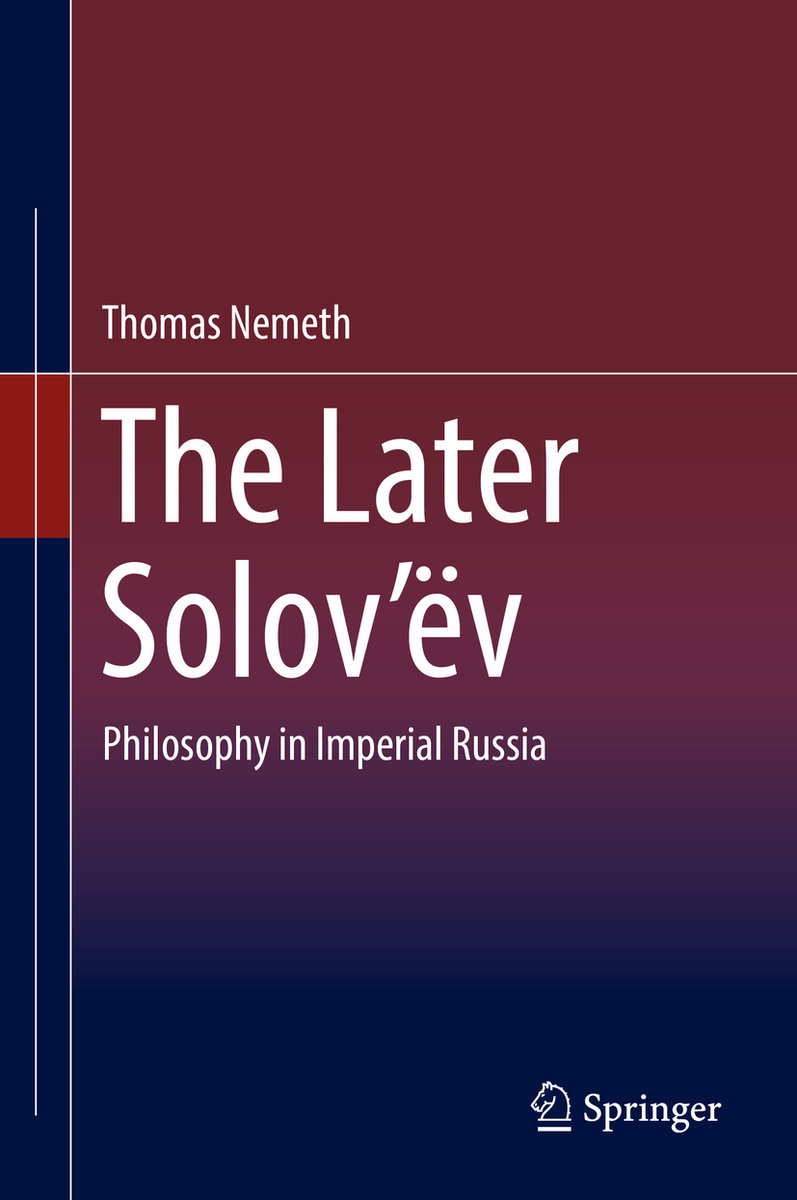This volume offers a critical examination of the later philosophical views of Vladimir Solov´ëv, arguably Russia´s most famous and most systematic philosopher. It offers a philosophically informed approach to this pivotal figure and to his era. Inside, readers will discover a detailed portrait of the often overlooked evolution of the philosopher´s views during the final two decades of his life. The author explores Solov´ëv´s still evolving aesthetic philosophy and his entry into the lively Russian discussion of free will. The work then turns to the philosopher´s mature statements on many figures from within the history of philosophy. This includes Kant and Hegel. Next, readers will learn about his disagreements with several contemporaries as well as contemporaneous movements. These include positivism and materialism. In addition, the coverage includes an elucidation and examination of Solov´ëv´s final expression of his ethical philosophy as set forth in his major ethical treatise Justification of the Moral Good.
The overall picture that emerges is of a much more vibrant and heated philosophical community than typically portrayed in Western secondary literature. The book ends with a reflection on the rise of Solov´ëv as a religious mystic at the expense of a critical evaluation of his thought.


